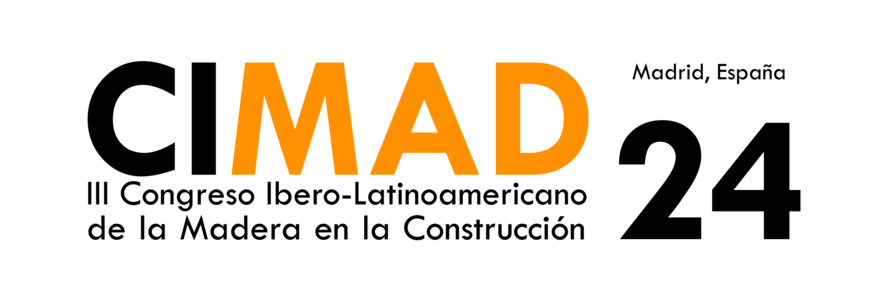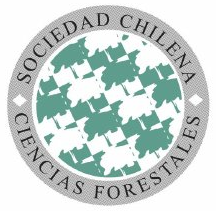Effects of nanosilver-impregnation and alfalfa-intercropping on fluid transfer in downy black poplar wood
Keywords:
alfalfa, specific gas permeability, diameter increment, intercropping, populus nigra betulifolia, vaporized chamberAbstract
Effects of alfalfa-intercropping and nanosilver-impregnation were studied here on the specific gas permeability of 10-year old Populus nigra var. betulifolia. Specimens were impregnated with a 200 ppm aqueous dispersion of silver nanoparticles under 250 kPa pressure; the results were then compared with the un-impregnated specimens. The size range of silver nanoparticles was 10 to 80 nm. After the initial measurement, specimens were kept in vaporized chamber for six months (43±2°C, and 80±3% relative humidity); permeability was measured every month. Results showed that maximum specific longitudinal gas permeability was observed in the nanosilver-impregnated inner-wood specimens of the treatment with alfalfa (1614,4 × 10-13 m3 m-1), and minimum permeability was found in the un-impregnated outer-wood specimens of the treatment without alfalfa (491,7 × 10-13 m3 m-1) before the vaporization. Vaporized chamber made permeability decrease permeability at the first phases because of the absorption of water vapors and the consequent swelling; however, due to the proliferation of pits and perforation plates by fungi and molds, permeability was eventually increased. Antibacterial property of silver did not significantly decrease the growth of molds and fungi in the nanosilver-impregnated specimens.
Downloads
Downloads
Published
How to Cite
Issue
Section
License
Copyright (c) 2015 Maderas. Ciencia y Tecnologia

This work is licensed under a Creative Commons Attribution 4.0 International License.
Los autores/as conservarán sus derechos de autor y garantizarán a la revista el derecho de primera publicación de su obra, el cuál estará simultáneamente sujeto a la Licencia de Reconocimiento de Creative Commons CC-BY que permite a terceros compartir la obra siempre que se indique su autor y su primera publicación esta revista.
































